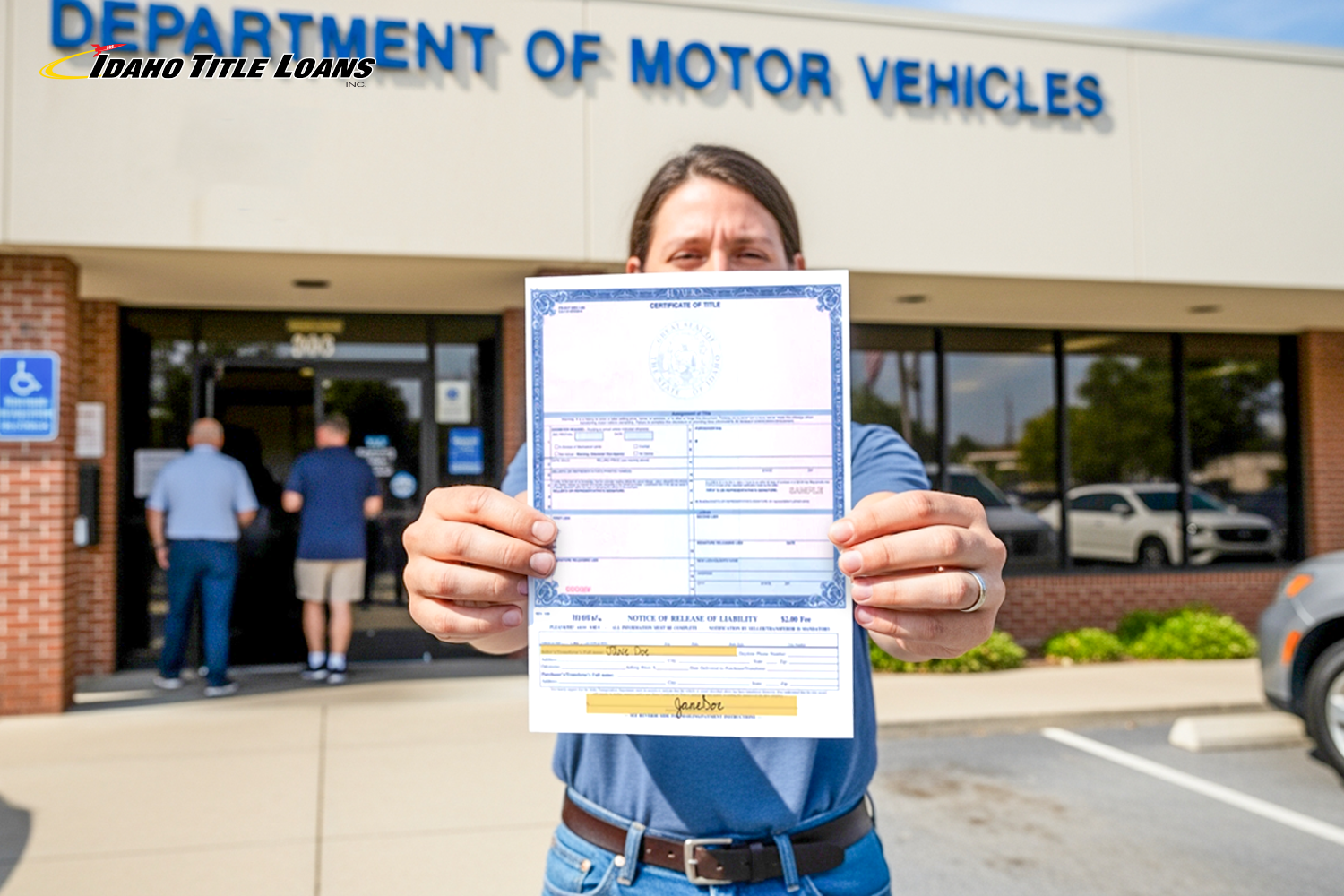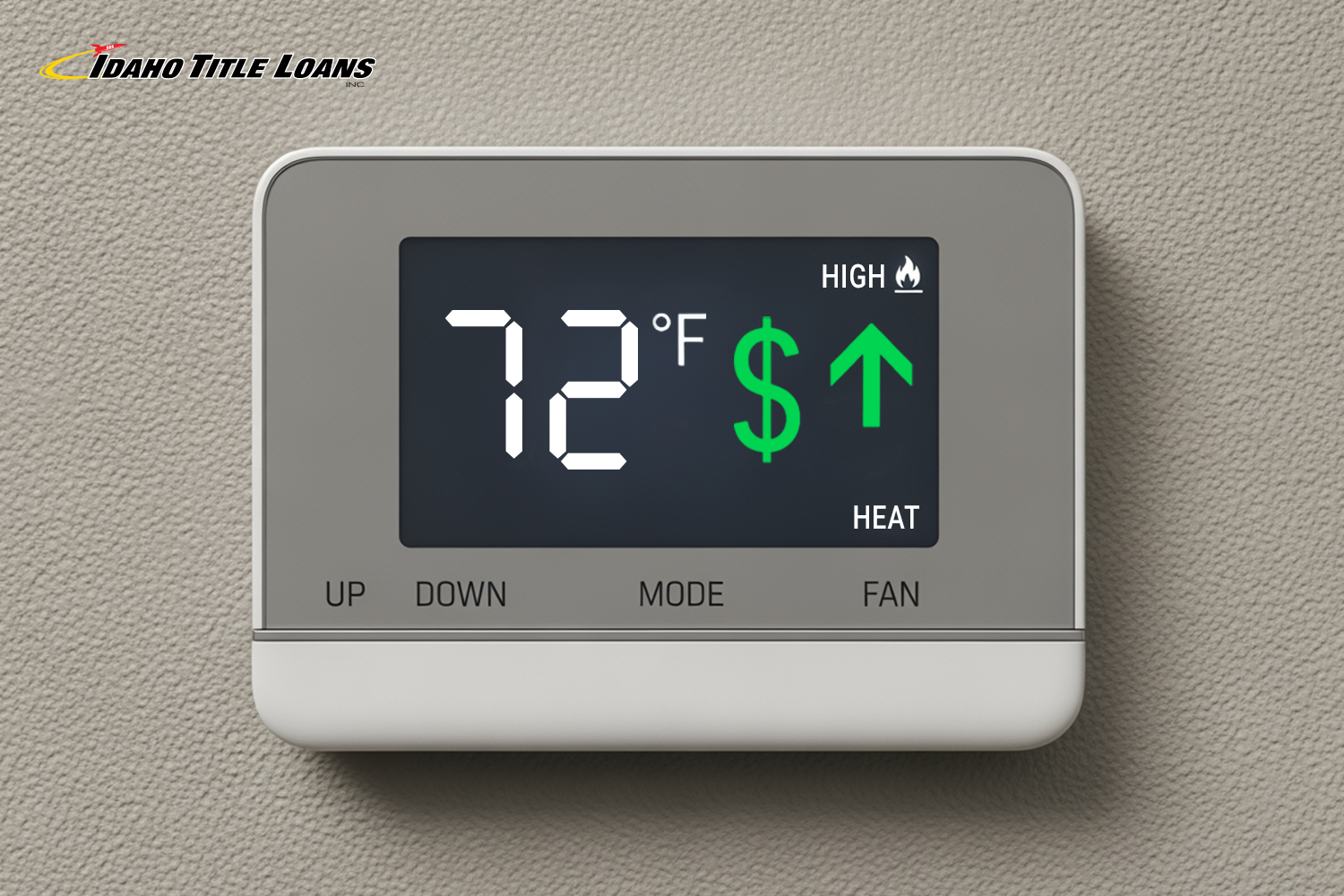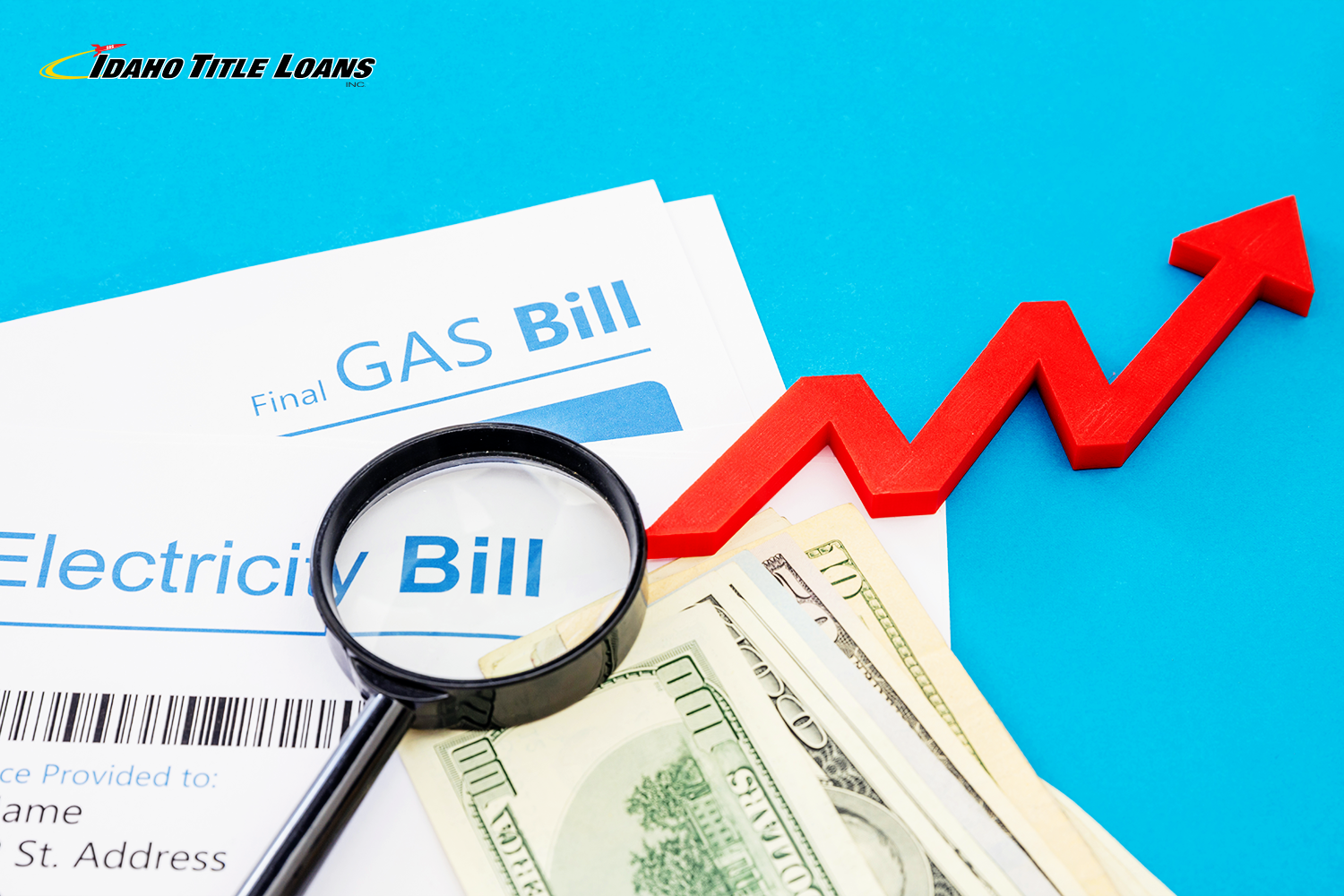When a person wants to borrow money to buy a house, go to college, or cover an emergency expense, lenders check their credit score. A credit score is basically a number that tells the lender whether it is safe to lend money to someone or not. The lower the credit score is, the higher risk a person is, and the less likely they are to get a loan.
Whether your credit score is soaring in the 700s or has dropped below 500, it is important to be aware of factors that affect credit score. Knowing these factors can help you to avoid unwanted drops in your credit score so that you are always in good standing with the lenders if you need to get things like car title loans quickly.
If you aren’t sure about the factors that affect credit score, don’t worry. We will cover the top five factors that affect credit score now, so you can keep your credit score high or start working to build it back up.
Top 5 Factors That Affect Your Credit Score
1. Payment History
Your payment history on things like credit cards, mortgage, and car title loans is the biggest of the factors that affect credit score. This is because your payment history shows lenders how likely you are to make payments on time. The most important question a lender is going to ask is, “Will I get my money back from this person?”
If you have never missed a payment, this will boost your score and the likelihood of getting approved by a lender. While making late payments will negatively affect your credit score and decrease your odds of getting the money you need.
2. Amount You Owe
The second most important of the factors that affect credit score is the amount you owe. This cannot be very clear for people because they assume that their score will be higher if they owe nothing. However, if you have never taken out a loan or used a credit card, you may not even have a credit score.
The amount you owe is important because it needs to be compared to your available credit. This is called your credit utilization rate. This is calculated by dividing the amount you owe by the amount of credit you have available. In other words, how are you using your available credit?

For example, if you have a line of credit of $10,000 and you have a credit card debt of $562 that you are making regular payments on, this will look better to lenders than if you have a $1,000 line of credit and you have a credit card debt of $994.
Remember: Owing $0 on any line of credit may not hurt your credit score, but it is not going to help boost it either.
3. Credit History Length
The length of your credit history is the third most important of the factors that affect your credit score. Though only having new credit will not automatically mean a low credit score, you want to have a mix of old and new lines of credit to increase your credit score.
Let’s say, for instance, you got a credit card ten years ago and mix that with a mortgage you started paying three years ago. You can further help to increase your credit score by adding new credit like car title loans or personal loans.
Lenders look at both old and new credit, and they also consider the average between your old and new credit. Having a variety is important for having a higher credit score.
4. Credit History A.K.A Types of Credit
If you only have credit cards, but have never taken out loans or a mortgage, you could be hurting your credit score. Lenders want to see variety in the types of lines of credit a person has. It shows that they can be trusted with different types of credit.
If you have school loans, but you have refused to get a credit card for fear of credit card debt, find a good card with a lower line of credit and low-interest rates to help boost your credit score. You don’t have to use it often but having it and using it every so often helps to boost your credit score.
5. New Credit
While new and old credit is important, you must be careful not to get too much new credit all at once. Every time you apply for a loan or a credit card, your credit score is usually checked. Too many credit checks or new credit accounts can cause red flags for lenders, and you may be labeled as a risk. To avoid this, don’t apply for more than one or two new credits at a time.
How To Handle Financial Emergencies With A Bad Credit Score
Sometimes the unexpected takes us by surprise asking a certain amount of money to be spent, which we may not always have. Loans might be the first thing that comes to mind in this case. But can you actually get a loan from a bank if your credit is poor? Most US banks require a credit score of 780 and above, which means low to zero chances for those whose credit has been damaged.
In this case, car title loans may be an alternative to a traditional loan. Car title loans don’t require perfect credit and long waiting periods. They also aren't reported to the credit bureaus. That’s exactly why they’re so accessible and hassle-free.
What Are Title Loans?
Car title loans a short-term type of lending letting you borrow money using a lien-free title to your vehicle as collateral. Lien-free means that your vehicle is fully paid off, and there are no outstanding loans or judgments against it.
How to Get a Car Title Loan with Idaho Title Loans, Inc.
Getting car title loans Idaho has to offer is easy if you find a trustworthy and reputable lender, such as Idaho Title Loans, Inc. Our process is easy and straightforward. To get a title loan with us, follow the guidelines below:
- Submit a short inquiry form on our website to get started.
- Wait for a phone call from one of our representatives. They will confirm your information and explain the process. At this point, you’ll also be scheduled an appointment with an associate from the nearest store location. The purpose of the meeting is to inspect your vehicle and finalize the process.
- Go to the chosen store location with the following documents on hand:
- State-issued photo I.D.
- Lien-free title to your vehicle
- Wait for the associate to inspect your vehicle to determine its market value and the amount you qualify for.
- If the amount meets your expectations, go over the repayment options, and ask any questions before signing the agreement. Make sure everything is clear and understandable to you.
- Sign the paperwork and get your money either the same or the very next business day.
Get Started Today!
If you want to boost your credit score, you need to be aware of the factors that can affect credit score and watch out for them. If you need money quick due to an emergency and have a low credit score, consider getting car title loans from Idaho Title Loans, Inc. You can get started today by submitting a short inquiry for car title loans online!
Note: The content provided in this article is only for informational purposes, and you should contact your financial advisor about your specific financial situation.








